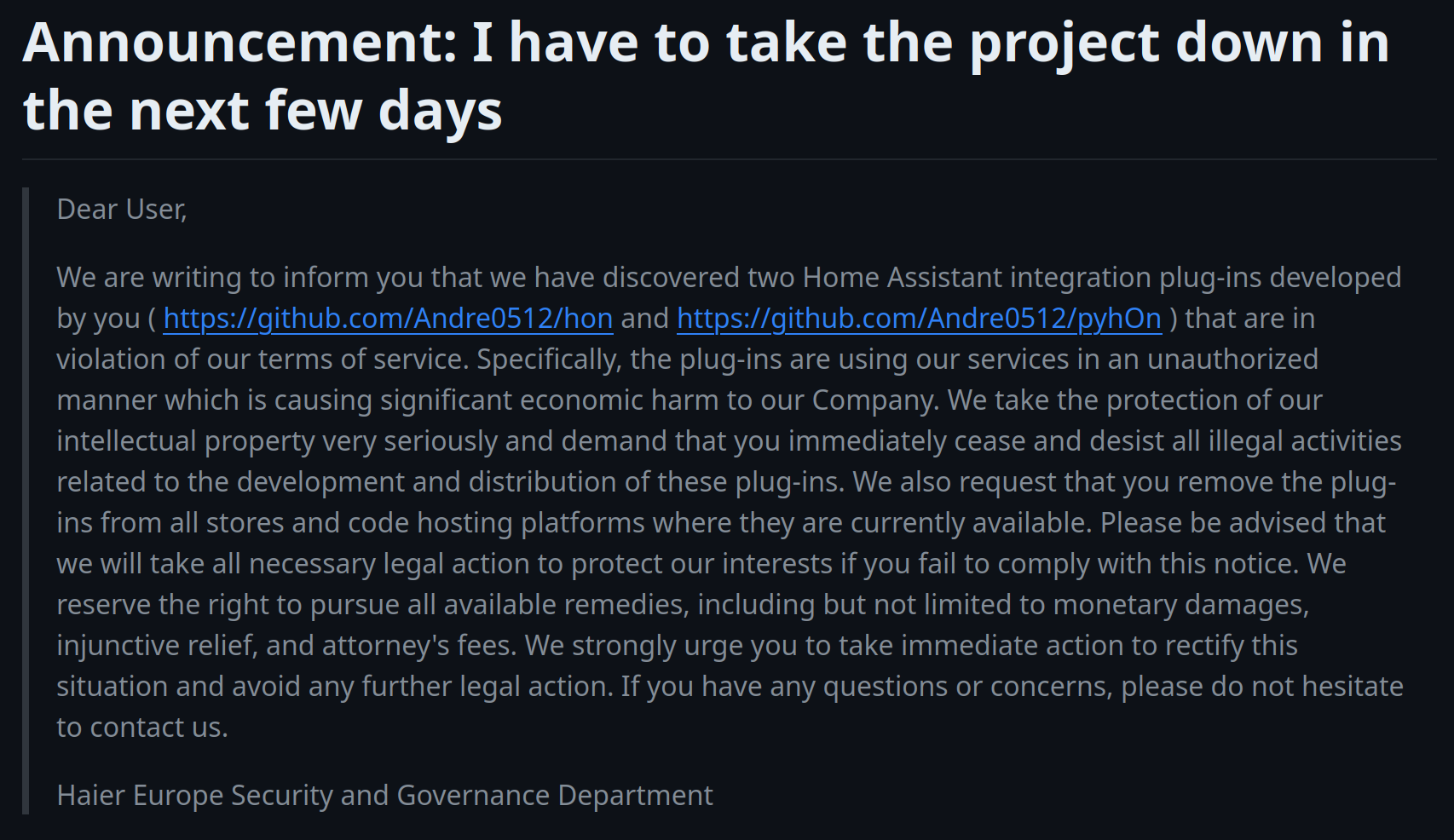Yeah
Pixels have many hardware security features that can't be found on any other Android phone. Examples are the Titan M2 chip, which uses the Android StrongBox and Weaver API, Insider Attack Resistance and hardware attestation. It enables a strong implementation of Android Verified Boot. On many other Android devices, Verified boot is insecure or entirely broken. Pixels are also the only phones on the market with hardware memory tagging.
I highly recommend this section of the GrapheneOS FAQ and this video.
Because Pixels are the only Android phones with reasonable hardware design (in regards to security)
tar -xvf is the only one I know
And I think it was tar -cvf for creating .tar files?
Too bad that people are 80% water and water is a molecule
What a terrible coincidence
Something similar exists for PlayStation btw, it's called Chiaki and there's a special version for the Steam Deck called Chiaki4Deck (GitHub)
Yeah it was pretty late yesterday and I misread that. That's why I deleted the comment.
It's pretty good for desktop apps, but it doesn't provide CLI applications, so I still have to rely on the AUR. There are some issues with it, but overall I think it's the best solution we currently have. And it's very easy to use, which is great for new users and it will become important if Linux continues growing like this.

Mull is even better, it's hardened Fennec. It's basically like LibreWolf but for Android.